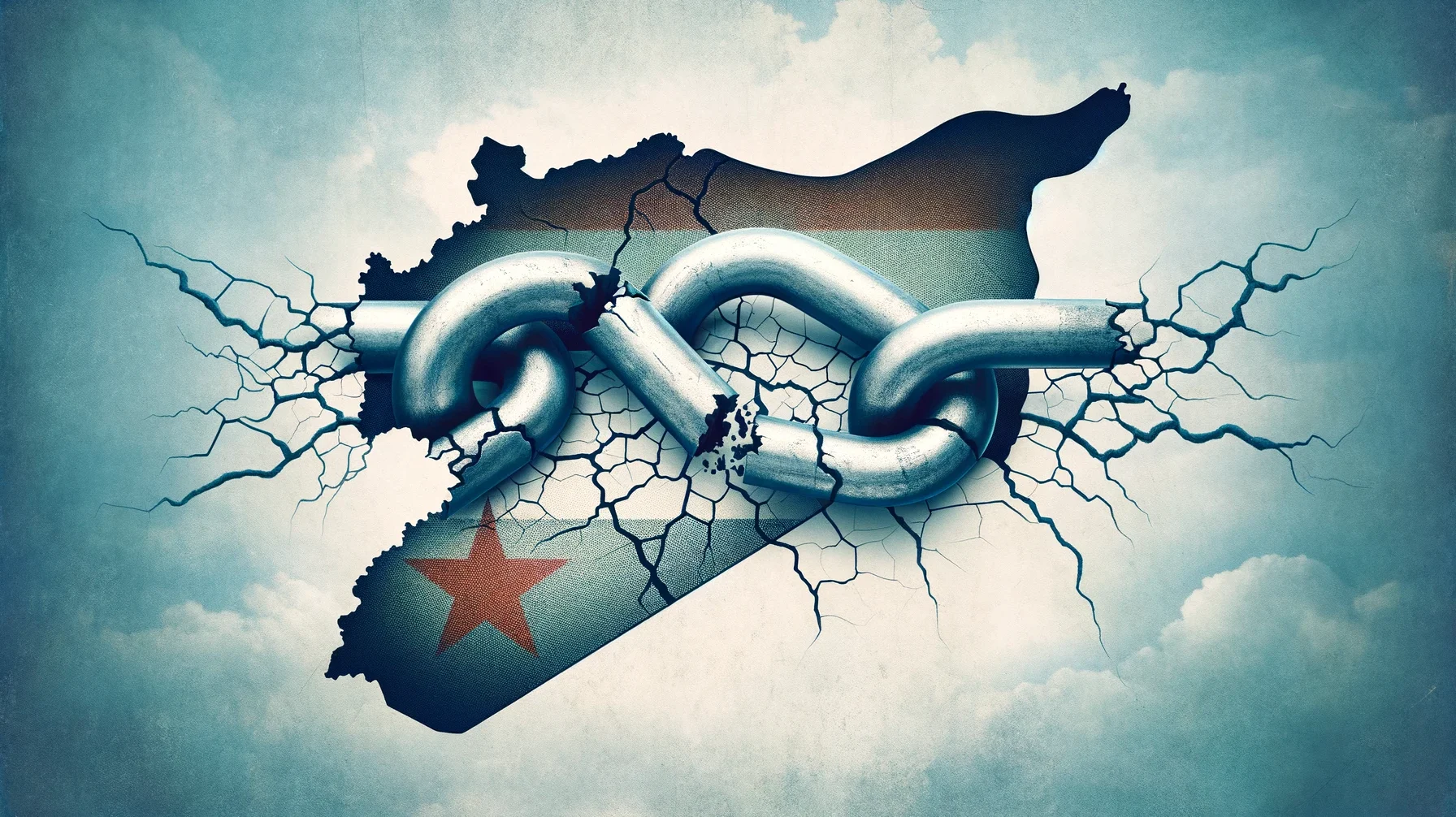Will Harmony Return to Syrian Society?
Al-Ittihad, UAE, September 30
The Civil Harmony Law in Algeria emerged as a prudent response to what is commonly referred to as the “Black Decade.” It was the late President Bouteflika who introduced this legislation as part of a broader reform initiative following his election as president at the turn of the 20th century. While recognizing the distinctions between the situations in Algeria and Syria, it’s worth noting the striking parallels in the social divisions afflicting both nations. Could Syria, in the future, benefit from a similar “harmony law” that paves a new path towards reconciliation? The fractures within Syrian society have grown alarmingly deep. Yet, despite their enormity, they are not beyond repair. A collective effort is required to extricate ourselves from the quagmire of bloodshed and the mire of historical grievances that span over a millennium. Such an effort should encompass a commitment to recognizing the fundamental rights of every Syrian citizen: the right to choose their beliefs and thoughts and the right to express themselves without infringing upon the rights of others. Syria, like many countries worldwide, is characterized by its diverse blend of sects, ethnicities, and races. What should bind its citizens together is their shared citizenship, adherence to the rule of law, respect for sovereignty, and acknowledgment of each other’s rights. What is disheartening in Syria today is the entrenchment of sectarian, ethnic, and racial divides. Recent events, such as the clashes between Arab clans and Kurdish SDF forces in the eastern Euphrates region, stand in stark contrast to the historical coexistence of Arabs and Kurds for centuries. Ironically, the Kurdish SDF forces comprise a majority of Arab youth. Arab leaders have consistently regarded the Kurdish issue as a quintessential Syrian national concern, aligning with historical precedents and recognizing the Kurdish population’s national rights, cultural expressions, and political participation. Despite enduring hardships, this inclusive approach has endured. In contrast, some minority sects in Syria have, out of fear of the majority’s ascendancy to power, sought refuge in the notion of safeguarding minority rights propagated by Western representatives. The call to protect minorities from perceived majority oppression found resonance in the peaceful Suwayda uprising. The demands of the Druze community reverberated across Syrian governorates, signifying a popular determination to uphold the enduring slogan “The Syrian people are one.” While international resolutions, opposition voices, and popular statements all underscore the unity of Syrian territory and its people, with citizenship as the cornerstone of any social contract, the ongoing developments in Syria foreshadow ominous future perils. Syria has become a theater for significant international conflicts, exacerbated by Syrian actors themselves. The specter of division looms large, potentially removing Syria from both its geographic and historical context. Northern Syria has drifted toward independence from central Syria. Meanwhile, American presence has expanded in the east, from al-Tanf to the northern Turkish border, and Russia has established a significant foothold in the west. Iran exerts influence along the coast and in other regions, with Daraa facing internal upheaval. As-Suwayda finds itself in a state of isolation, with some advocating for an independent self-administration if popular demands remain unmet. This is a call to all Syrians. The dire living and economic conditions confronting the Syrian people have left the nation in a fragile state with an uncertain recovery timeline. The burden is overwhelmingly heavy and seemingly interminable. In this tumultuous landscape, Syrian citizens, excluded from international resolutions, must rally to defend their unity, staunchly rejecting fragmentation and division. The most potent weapon at their disposal is the restoration of harmony, the resolution of internal strife, and the cultivation of national consciousness. It is a historic transformation that can fortify their national unity. —Riyad Naasan Agha (translated by Asaf Zilberfarb)


